Pancake Day: The History And Traditions Of Shrove Tuesday
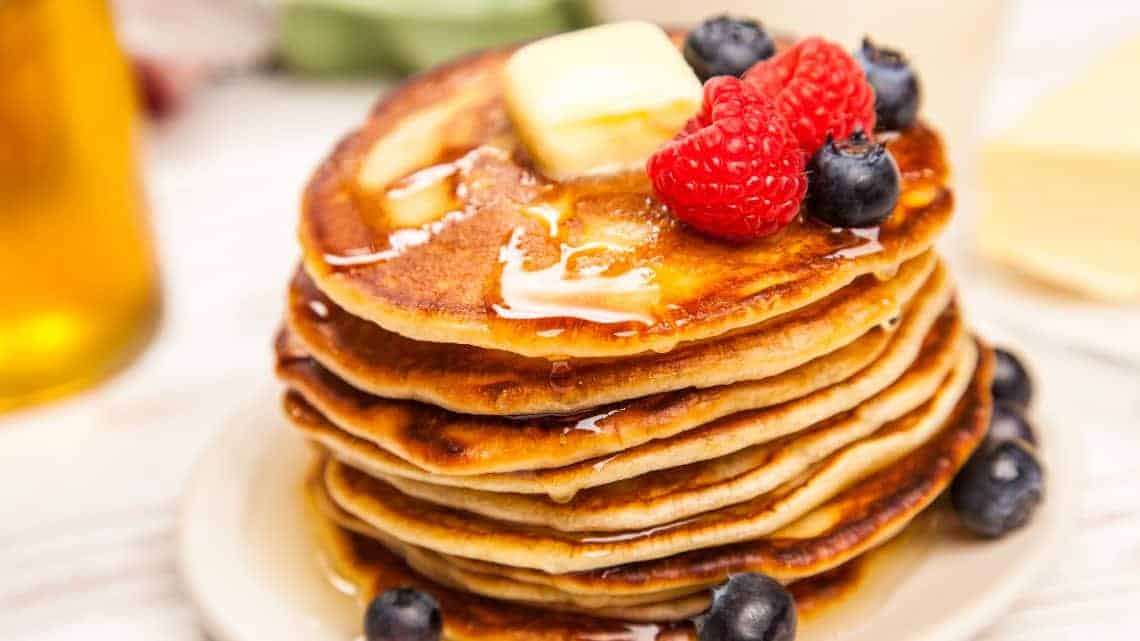
Table of Contents
The Origins of Shrove Tuesday
From "Shrive" to Shrove Tuesday
The name "Shrove Tuesday" itself holds a key to understanding its origins. "Shrove" comes from the word "shrive," meaning to confess one's sins. In the days before Lent, Christians would attend confession, or "shriving," to cleanse their souls before the period of penitence.
- Meaning of "shrive": To obtain absolution for sins.
- Historical context of confession: A crucial part of Christian practice, particularly before periods of fasting and reflection.
- Significance before Lent: Shrove Tuesday became a day for spiritual preparation, culminating in a final feast before the fast began.
Early Pancake Traditions
The tradition of eating pancakes on Shrove Tuesday is closely linked to the practice of Lent. Lent traditionally involves abstaining from rich foods such as eggs, milk, and butter. Shrove Tuesday provided a final opportunity to use up these ingredients before the fast.
- Use of eggs, butter, milk—foods restricted during Lent: Pancakes offered a delicious way to consume these ingredients before they spoiled.
- Recipes evolving across different cultures: While the basic concept remained the same, pancake recipes evolved and adapted to regional tastes and ingredient availability, resulting in the diverse range of pancakes we see today.
Pancake Day Traditions Around the World
Pancake Races
Perhaps the most famous Pancake Day tradition is the pancake race. The Olney Pancake Race in England is particularly well-known, featuring women racing through the town while tossing pancakes in a frying pan.
- Rules of the race: Competitors must flip their pancakes at least three times during the race.
- Historical significance: The race is believed to have started centuries ago, although its exact origins remain unclear. It represents the fun and community spirit of Shrove Tuesday.
- Variations in other locations: Similar races and pancake-tossing competitions are held in various parts of the world, showcasing the global appeal of this unique tradition.
Mardi Gras Connections
Shrove Tuesday is also closely linked to Mardi Gras, particularly in regions with a strong Catholic influence. Mardi Gras, meaning "Fat Tuesday" in French, reflects the celebratory nature of the last day before Lent, encompassing feasting and merriment.
- Similarities and differences between celebrations: Both involve feasting and festivities before Lent but may have unique regional customs and traditions.
- Geographical variations: Celebrations vary widely depending on cultural and religious practices of different regions.
- Focus on feasting and fun: Both Mardi Gras and Shrove Tuesday represent a collective farewell to indulgence before the Lenten season.
Regional Pancake Variations
The deliciousness of Pancake Day extends far beyond the basic pancake recipe. Countries around the world boast unique variations of this versatile dish.
- Examples of unique recipes (e.g., crêpes, blinis, etc.): Thin French crêpes, Russian blinis, American pancakes – each with their own unique texture and flavor profile.
- Ingredients used: Regional variations often reflect readily available ingredients and cultural food traditions.
- Cultural influences: The diversity of pancake recipes across the globe provides a delightful insight into different culinary cultures and traditions.
Making the Most of Your Pancake Day
Simple and Delicious Pancake Recipes
Making pancakes is easier than you think! Here are a couple of simple recipes to get you started:
- Basic recipe ingredients: Flour, milk, eggs, a pinch of salt, and your choice of oil or butter.
- Variations (e.g., sweet or savory): Add sugar and lemon juice for a sweet pancake, or herbs and cheese for a savory treat.
- Tips for achieving the perfect pancake: Don't overmix the batter, use medium heat, and cook until golden brown. (For more detailed instructions, check out [link to a reliable pancake recipe website]).
Pancake Day Activities for Families
Pancake Day is a fantastic occasion for family fun. Here are some ideas:
- Pancake decorating competition: Let your creativity run wild with toppings, sprinkles, and fruit.
- Family pancake race: Organize a mini race in your backyard or home, adapting the rules to suit your family.
- Storytelling about Pancake Day traditions: Share the history and traditions of Pancake Day with your children.
Conclusion
From its origins in pre-Lenten confession to its modern-day celebrations featuring delicious pancakes and vibrant traditions, Shrove Tuesday, or Pancake Day, offers a delightful blend of history and culinary enjoyment. Understanding its rich past enhances the festive spirit of this unique occasion.
So, this Pancake Day, gather your ingredients, embrace the spirit of the occasion, and celebrate the history and fun of Shrove Tuesday! Try out some new pancake recipes, participate in a family-friendly activity, and make this Pancake Day a truly memorable one!

Featured Posts
-
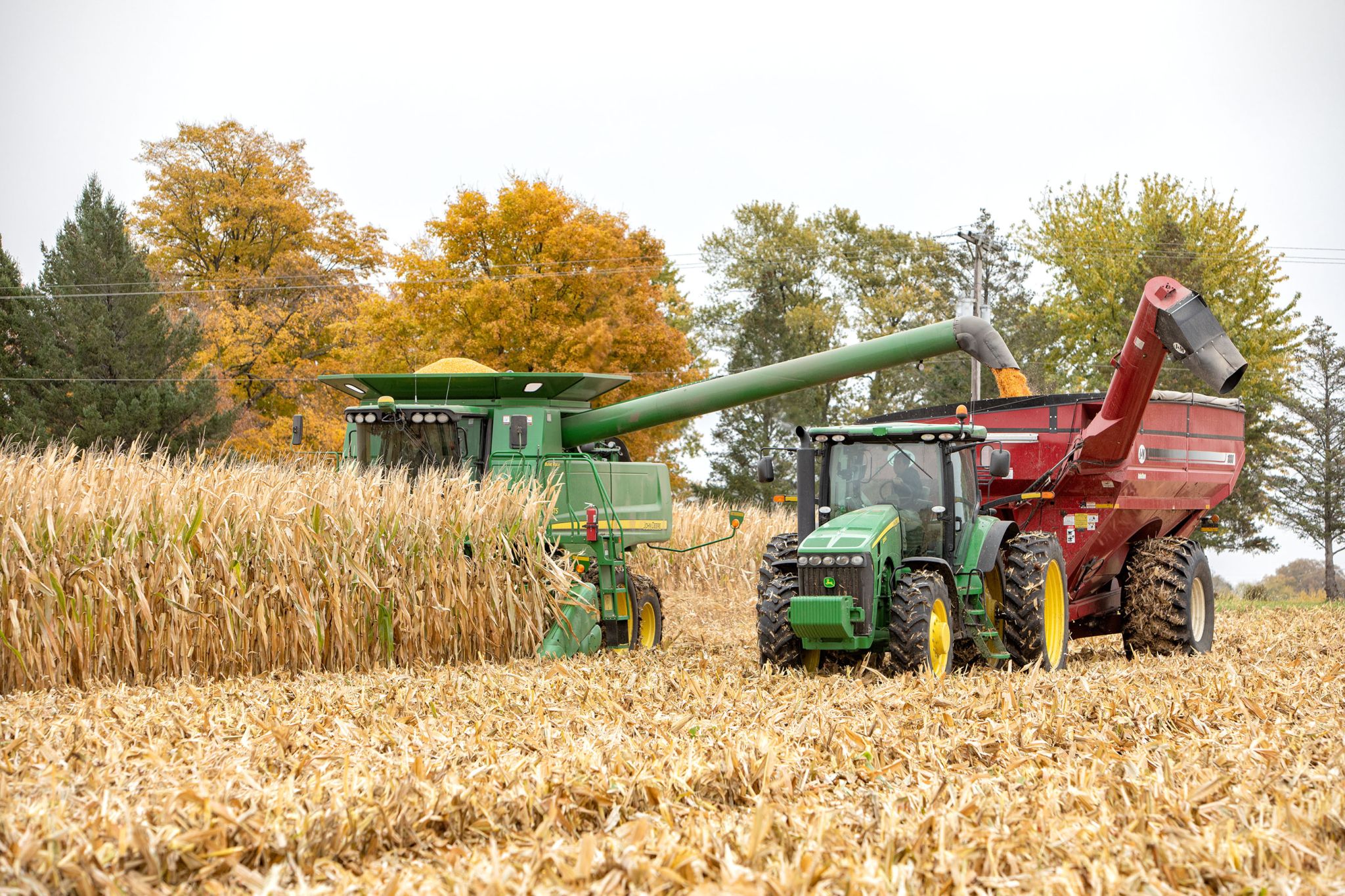 Bbcs 1 Billion Income Drop Unprecedented Challenges And The Future Of Broadcasting
May 03, 2025
Bbcs 1 Billion Income Drop Unprecedented Challenges And The Future Of Broadcasting
May 03, 2025 -
 Israil Meclisinde Esir Ailelerinin Protestosu Sonucu Meydana Gelen Arbede
May 03, 2025
Israil Meclisinde Esir Ailelerinin Protestosu Sonucu Meydana Gelen Arbede
May 03, 2025 -
 Indias Pm Modis France Trip Key Events Including Ai Summit And Ceo Forum
May 03, 2025
Indias Pm Modis France Trip Key Events Including Ai Summit And Ceo Forum
May 03, 2025 -
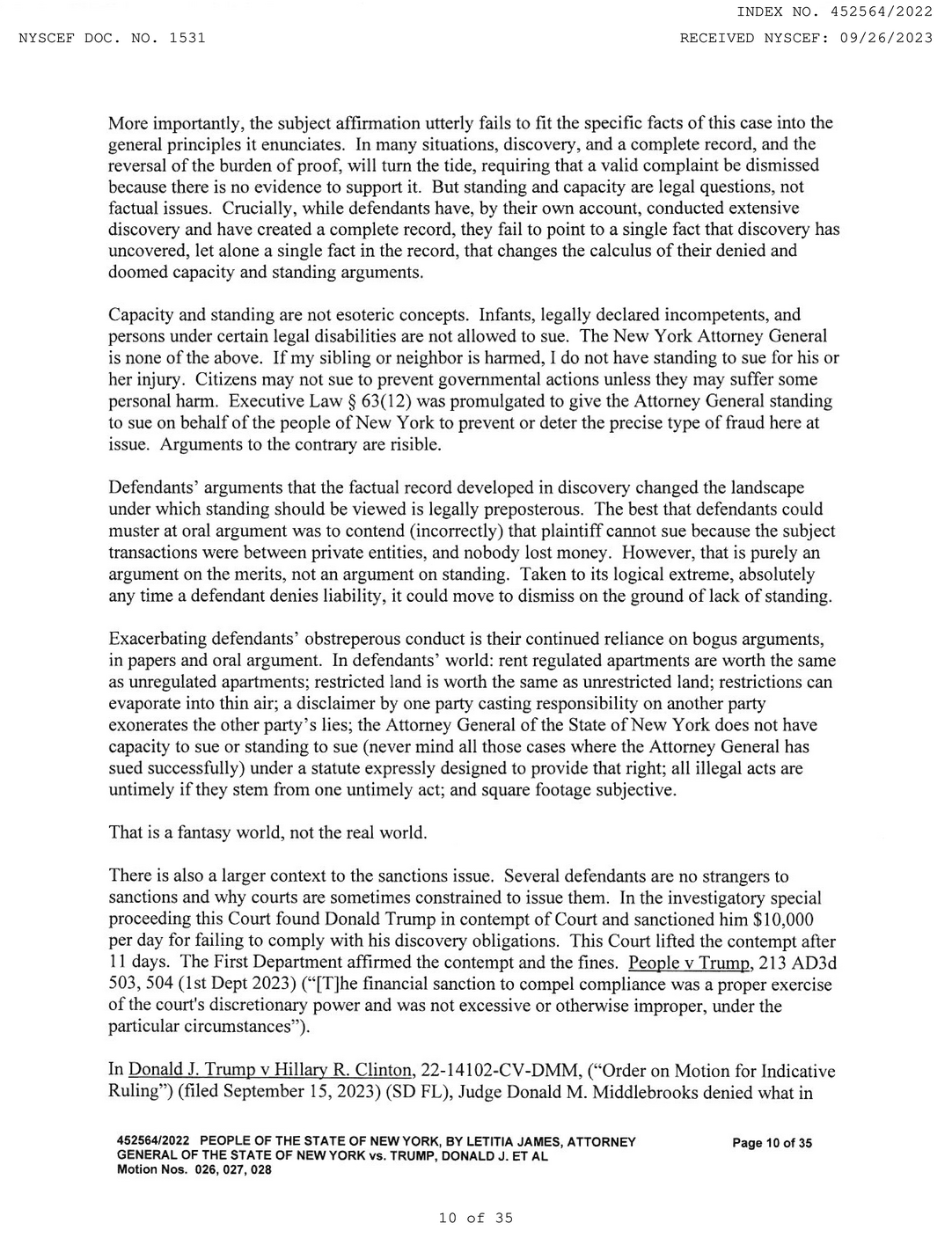 Judges Cant Review Trumps Tariffs He Argues
May 03, 2025
Judges Cant Review Trumps Tariffs He Argues
May 03, 2025 -
 Reaction De Macron Face A La Souffrance Visite Emouvante Aupres De Victimes Israeliennes
May 03, 2025
Reaction De Macron Face A La Souffrance Visite Emouvante Aupres De Victimes Israeliennes
May 03, 2025
Latest Posts
-
 Fleetwood Mac Reunion Speculation Grows Buckingham And Fleetwood Together Again
May 04, 2025
Fleetwood Mac Reunion Speculation Grows Buckingham And Fleetwood Together Again
May 04, 2025 -
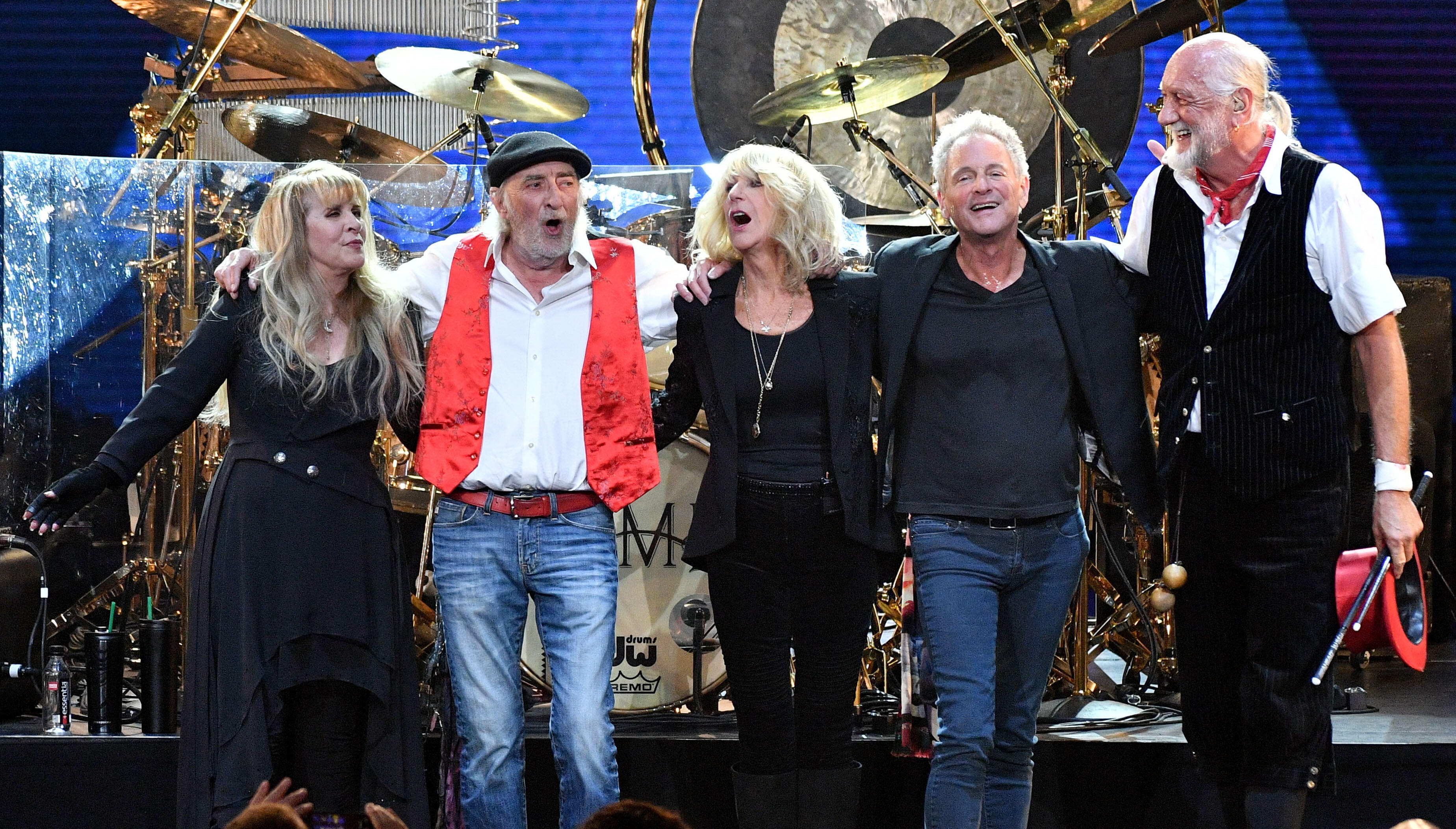 Lindsey Buckingham And Mick Fleetwood Confirmation Of Reunion
May 04, 2025
Lindsey Buckingham And Mick Fleetwood Confirmation Of Reunion
May 04, 2025 -
 Rasprodani Koncert Gibonnija U Puli Dozivite Nezaboravnu Vecer
May 04, 2025
Rasprodani Koncert Gibonnija U Puli Dozivite Nezaboravnu Vecer
May 04, 2025 -
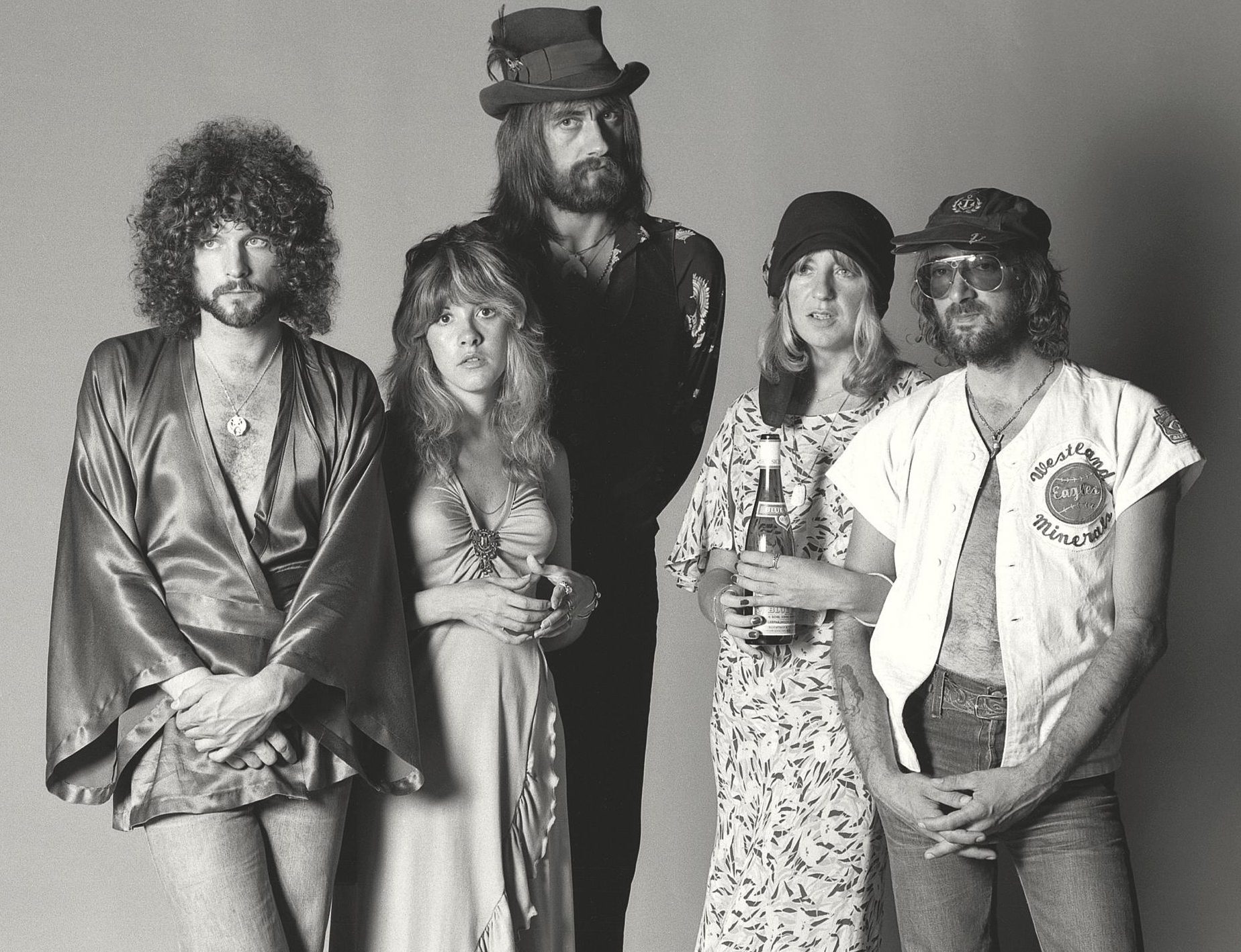 The Unlikely Success Of Fleetwood Macs Latest Album No New Music Big Impact
May 04, 2025
The Unlikely Success Of Fleetwood Macs Latest Album No New Music Big Impact
May 04, 2025 -
 Lindsey Buckingham And Mick Fleetwood Reunite A Fleetwood Mac Reunion
May 04, 2025
Lindsey Buckingham And Mick Fleetwood Reunite A Fleetwood Mac Reunion
May 04, 2025
